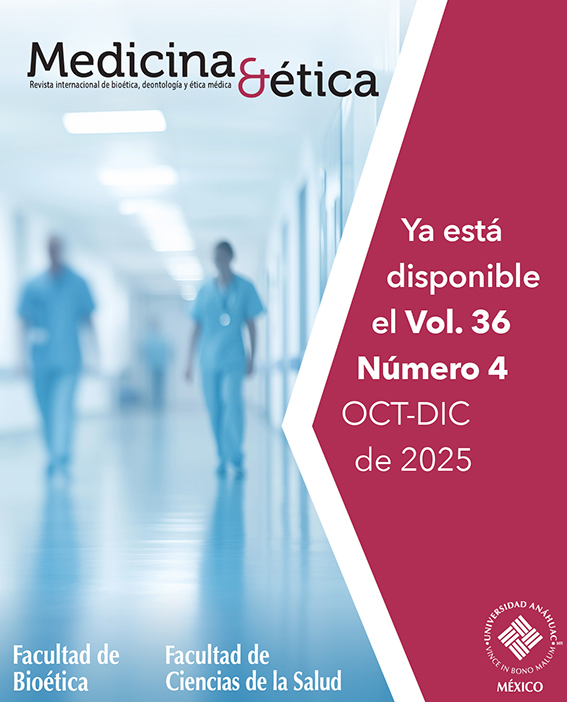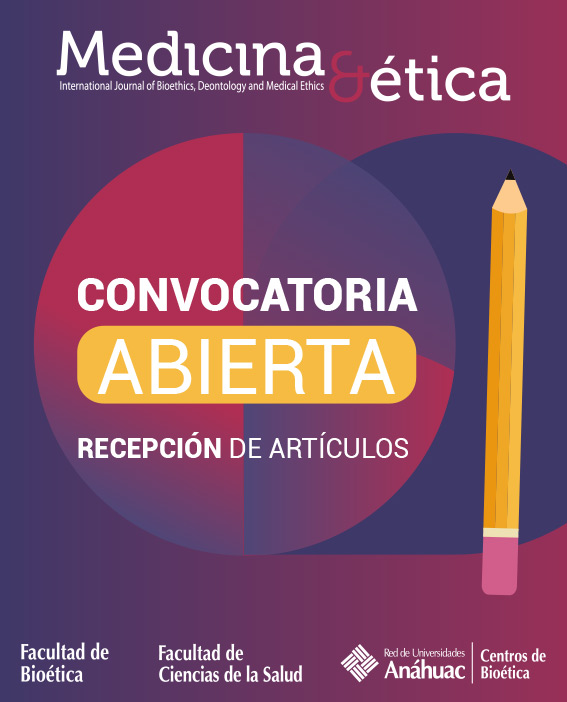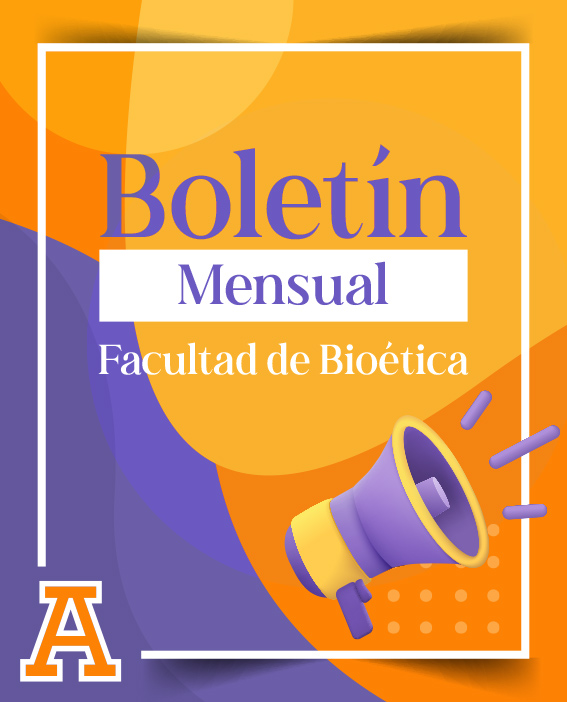
During this event, organized by the IMSS Foundation, Dr. María Elizabeth de los Ríos highlighted the importance of integrating bioethics to ensure scientific rigor, social responsibility, and respect for human dignity in research processes.
On August 11 and 12, 2025, the IMSS Foundation held the "Qualitative Research" Seminar, a highly relevant academic event that brought together experts from different fields. The seminar aims to offer a comprehensive overview of this research method, its applications, and its relevance in fields as diverse as health, social sciences, and entrepreneurship.
This year, 13 speakers participated, and more than 20 presentations addressed the main challenges and opportunities offered by qualitative research in a world characterized by social and scientific complexity.
Among the prominent voices was Dr. María Elizabeth de los Ríos Uriarte, professor and researcher at the School of Bioethics at Anáhuac University Mexico, who gave a lecture entitled “The Importance of Bioethics in Qualitative Research,” in which she engaged in an in-depth discussion about the non-neutrality of scientific knowledge, recalling that all progress responds to specific interests, purposes, and contexts. Therefore, it is necessary to ask ourselves: What interests does research serve and which ones does it leave aside?
She also emphasized the urgent need to involve bioethics in research processes, as this discipline not only observes but also reflects and deliberates on human behavior in light of principles and values. She therefore invited attendees to think of research as an exercise oriented toward the common good, based on unrestricted respect for human dignity, equity, justice, and the autonomy of participating individuals and communities.
She also raised crucial questions that all academic work must address: "Ethics vs. morals" and "What, how, and why do we research?" These questions invite us to rethink the purpose of qualitative research beyond data, placing social responsibility, risk prevention, and the fair distribution of benefits at the center.
She also highlighted the specific ethical challenges of qualitative research, including the risk of bias arising from subjectivity and prejudice, the need to ensure reliability in data collection, analysis, and interpretation, and the special considerations when working with vulnerable populations, where informed consent and protection protocols are required. In addition, she emphasized the importance of ensuring the privacy and confidentiality of information, as well as maintaining transparency and rigor throughout all phases of the research.
Finally, Dr. de los Ríos emphasized that incorporating bioethics into qualitative research not only strengthens the validity and reliability of the results, but also enriches interdisciplinary dialogue and increases the social impact of the knowledge generated.
In conclusion, she emphasized that qualitative research must continue to be strengthened and promoted, as it represents an indispensable tool for understanding human phenomena in all their complexity. In this sense, Bioethics stands as an essential compass for guiding research toward responsible, fair practices committed to the common good.
More information:
MPSS Alfonso Ceniceros
Facultad de Bioética
bioética@anahuac.mx







